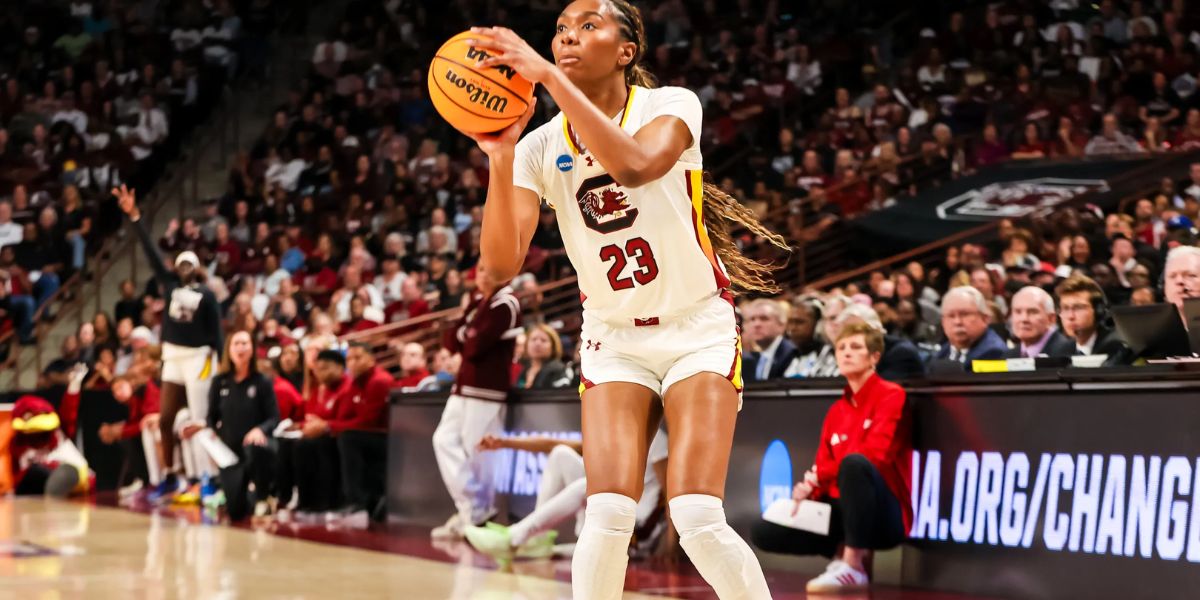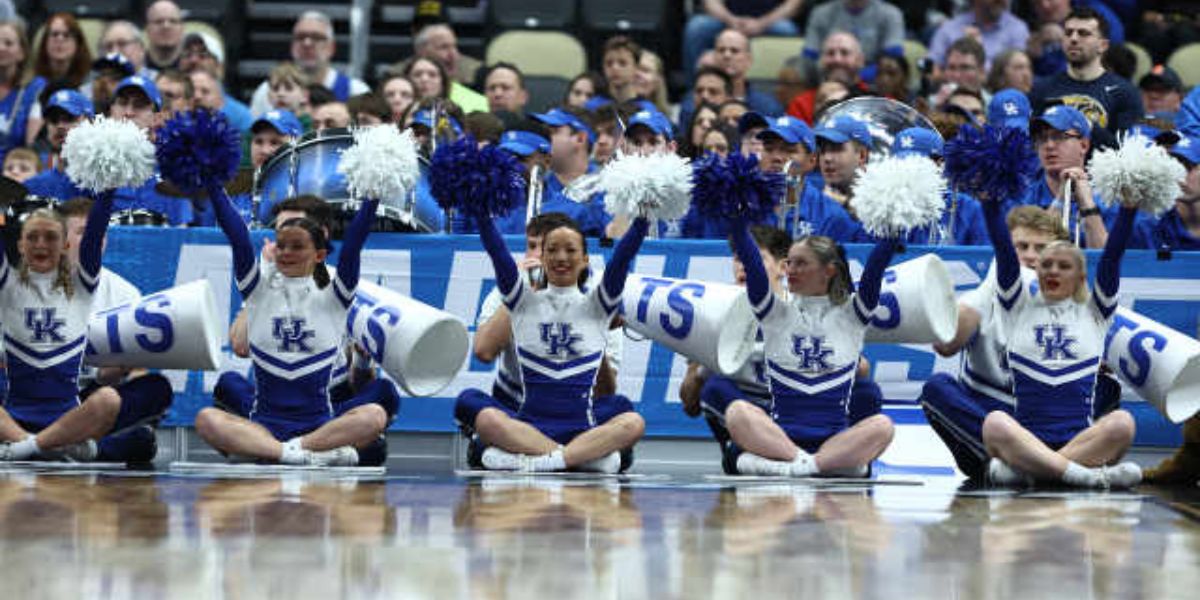Noah Lyles, an American track star, faced an unexpected challenge at the Paris Olympics. Back in June, after winning at the New York Grand Prix, he made a point to use hand sanitizer, explaining to reporters that he had caught COVID-19 twice before at the same location. His concern was clear: he didn’t want to risk getting sick before the U.S. Championships.
Lyles’ caution wasn’t just for show. Like many athletes at the Paris Olympics, he was well aware of the risks posed by COVID-19. This concern became a harsh reality when, on a Thursday night, Lyles won a bronze medal in the 200 meters and later revealed he had tested positive for COVID-19 just two days earlier. The morning after this revelation, other athletes at Stade de France didn’t seem overly surprised or worried. Instead, they praised Lyles for competing despite his illness, reflecting how elite athletes in 2024 have adapted to the ongoing pandemic.
Australian runner Peyton Craig, after his 800 meters semifinal heat, remarked that dealing with COVID-19 is just part of the world now. He acknowledged that while precautions can reduce the risk, it’s almost impossible to avoid exposure entirely. For him, COVID-19 has become no different from catching a common cold, and sometimes athletes must compete even when they’re not feeling their best.
Lyles wasn’t the first athlete at these Games to compete with COVID-19. When Australian swimmers had a COVID-19 outbreak, their Olympic committee treated it like any other illness. Athletes who showed symptoms were isolated, but if they felt well enough, they were allowed to compete after medical checks. Australian swimmer Zac Stubblety-Cook won a silver medal in the 200-meter backstroke despite having COVID-19, while his teammate Lani Pallister withdrew from one event to rest but later helped her team win gold in a relay.
International Olympic Committee President Thomas Bach confirmed that COVID-19 is being treated like the flu in these Games, with appropriate measures already in place. This approach is a far cry from the early days of the pandemic when a positive test could mean missing out on competition entirely.
For athletes like Lyles, the concern now is less about the virus itself and more about how it might impact their performance. Lyles, who had just won gold in the 100 meters, felt the effects of the virus during his 200 meters race. He finished in 19.70 seconds, slower than his usual time, and needed medical attention immediately after crossing the finish line. Although he recovered quickly, it was clear that COVID-19 had taken a toll on his performance.
Sydney McLaughlin-Levrone, another gold medalist, praised Lyles for his resilience, noting that all athletes do their best to stay healthy, but it’s tough when so many people from around the world gather in one place. American middle-distance runner Hobbs Kessler, who had his own experience with COVID-19, recognized that Lyles wasn’t at his best. He commended Lyles for competing despite the challenges, hoping the virus wouldn’t have any lasting effects.
Lyles’ experience at these Olympics highlights the new reality for athletes in 2024. Competing with COVID-19 is now seen as a possibility, and the focus has shifted to managing its effects rather than avoiding it entirely. Sports medicine specialist Jordan Metzl explained that while COVID-19 can affect athletic performance, particularly in intense sports like sprinting, understanding of the virus has improved, and most athletes can compete safely.
Also Read:
- The Culinary Experience of the Olympic Village: Athletes Share Their Thoughts
- Understanding the Rigors and Rules of Olympic Race Walking: Insights from Paris 2024
For Lyles, the Paris Olympics were supposed to be his chance to win multiple gold medals. While he did secure a gold in the 100 meters, his bronze in the 200 meters, impacted by COVID-19, left him short of his lofty goals. Despite this, Lyles expressed pride in his achievements, even under the challenging circumstances, and left Paris with a sense of joy, a stark contrast to his struggles at the Tokyo Olympics.







